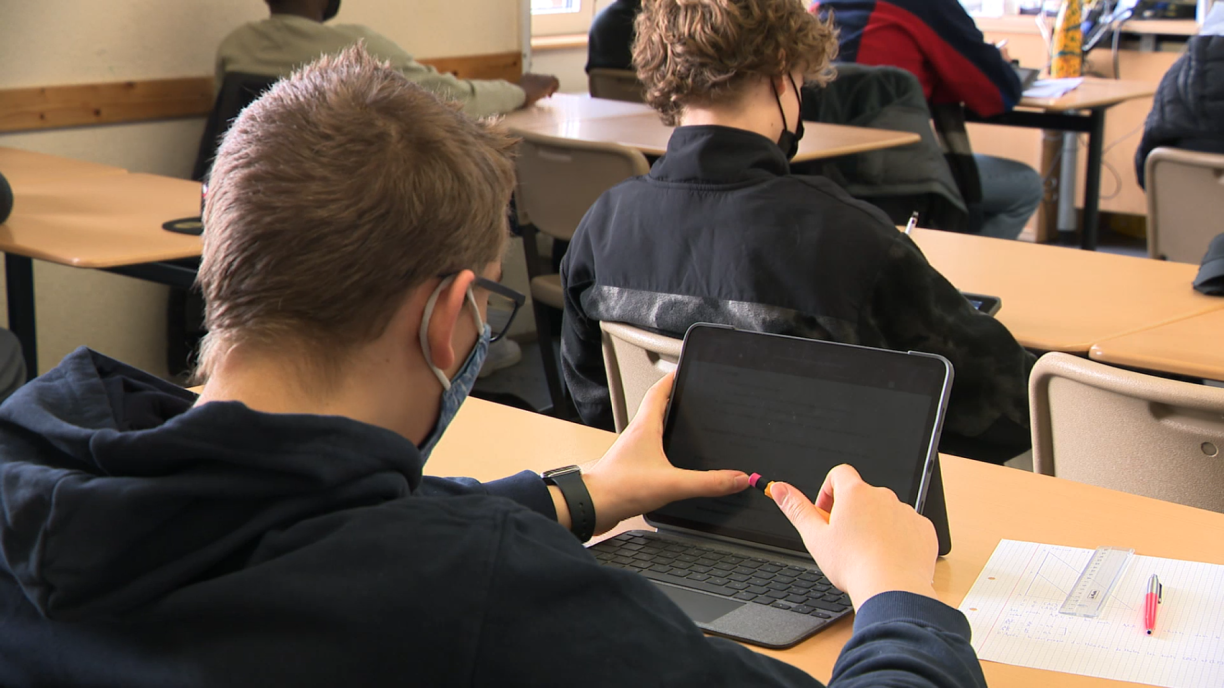
The new law aims to improve education, and increasing the limit for mandatory education from 16 to 18 is one of the aspects it tackles.
While Luxembourg has one of the lowest school dropout rates in the EU, the government estimates there is room for improvement. Alongside the age increase, it plans to add further resources to help kids from difficult backgrounds on their educational path.
Most young people who drop out at this young age have trouble integrating into the job market, explains Nathalie Schirtz, who is responsible for support in the transition towards work life:
“Many of the young people we work with and who have recovered their motivation look back and regret quitting school. They are well aware that they will have trouble on the labour market without qualifications.”
The new law could be voted on by the end of this year and would then come into force three years later. Around 650 kids dropped out last year.
“10 to 12 percent of them find a job. The remainder, nearly 90 percent, sit at home - they become the infamous NEETs (Not in Employment, Education or Training). It is our priority to support these kids”, explains Claude Meisch, Minister for Education.
Insufficient individual supervision, negative experiences and poor organisation are part of daily life at school for many of them, says Meisch:
“This is why school has to change and adapt to some extent, to offer these kids the appropriate support. We need stronger psychosocial supervision, to help stabilise their situation at home. This can be done with people from “Aide à l’enfance et la famille” (childhood and family support). But there is need for innovation in how we learn.”
This includes offering these people a new routine, an alternative route in life. As is done, for example, at the Atelier27b of the Service National de la Jeunesse (SNJ), who try to offer school dropouts a useful framework.
“What works is doing something practical, something manual, and making experiences in life. In parallel, we have a programme offering training. This is something that works quite well in combination and should be developed further in future,” says Jean-Marc Feltz, educator at the SNJ.
“The system is often overwhelming for these kids. Too strict, too organised. Alternative education models would be nice and would likely motivate these kids”, says Schirtz.
It is hoped that these will be created by the ministry and its supporting structures over the next three years.
Video report in Luxembourgish: